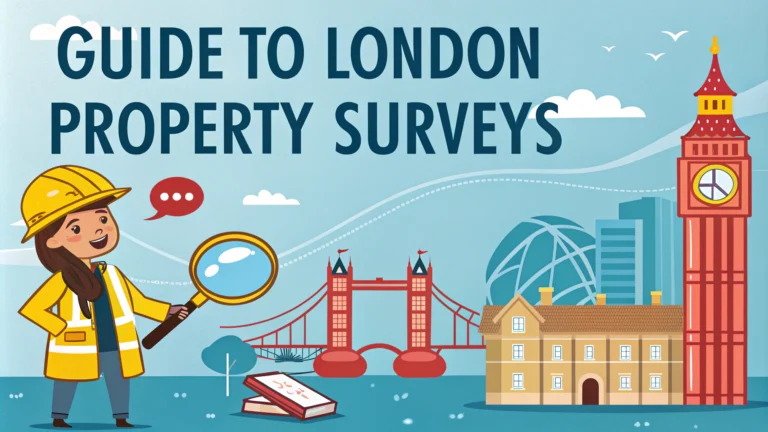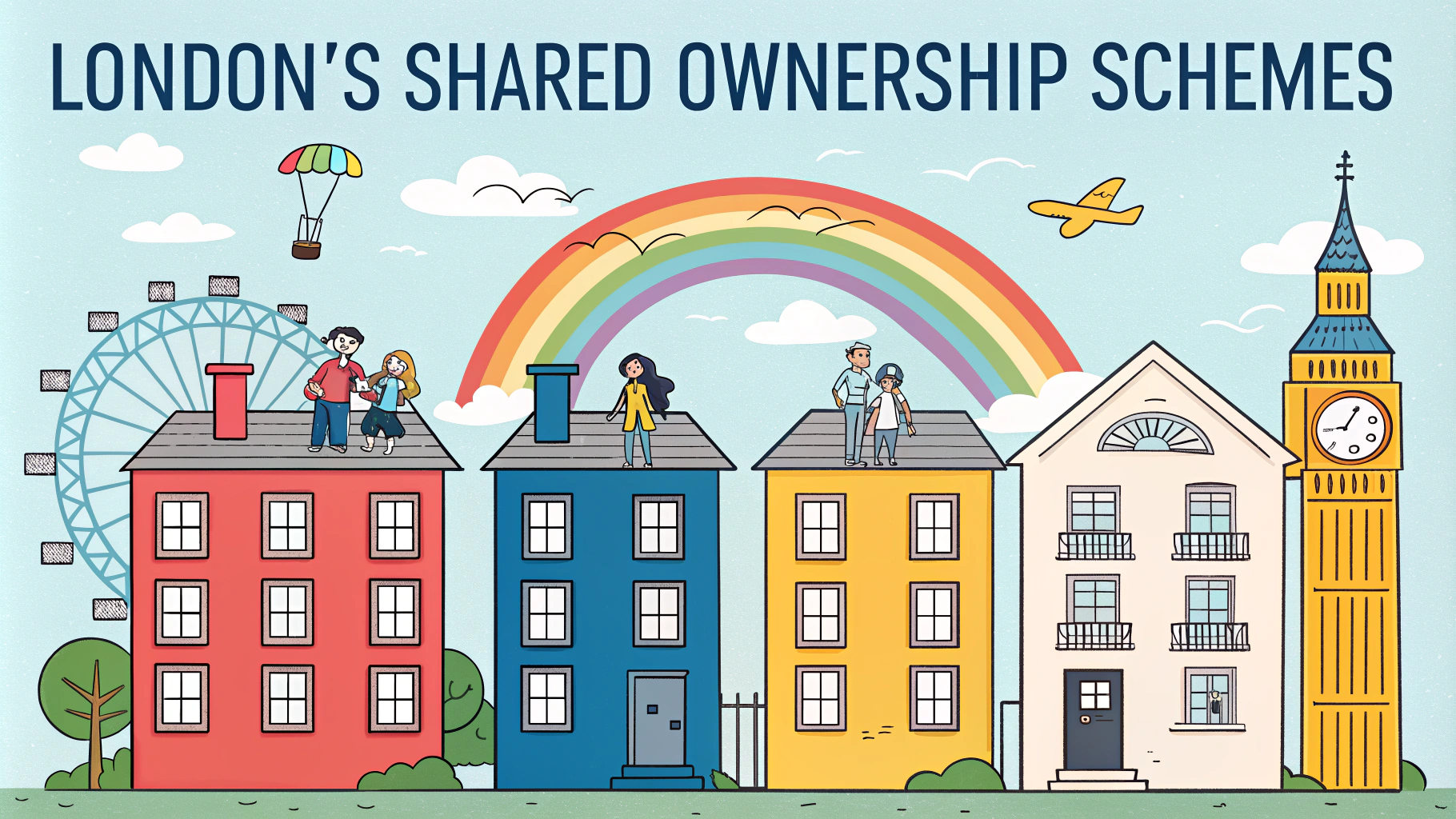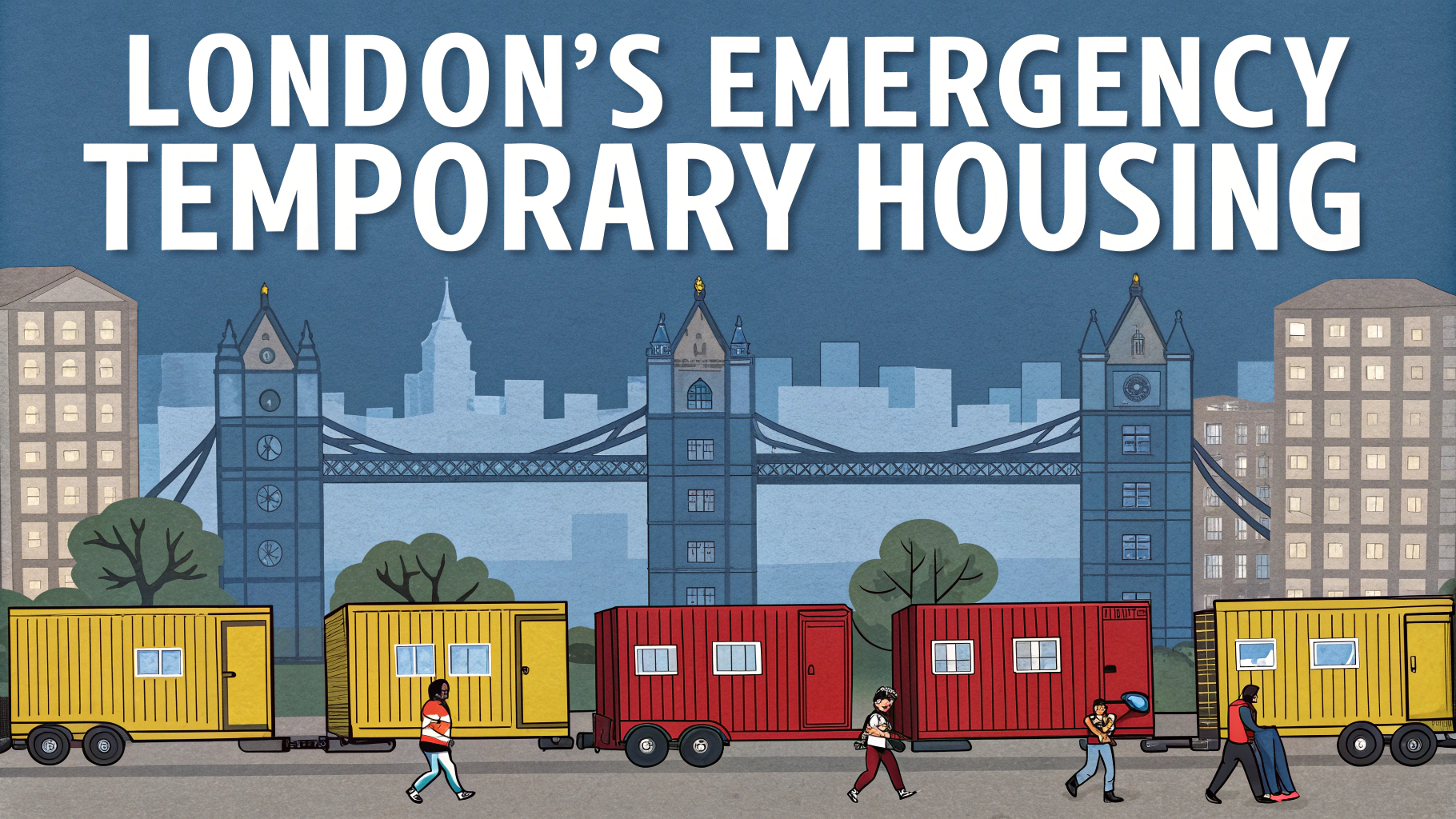Getting a property survey before buying a house in London can save you from expensive surprises and potential safety hazards.
London’s diverse property market includes everything from Victorian terraces to modern apartments, each requiring specific types of surveys to assess their condition properly.
This guide walks you through the essential types of property surveys in London, helping you choose the right one for your needs and budget.
Types of Property Surveys in London
- RICS Condition Report (Level 1): Basic overview suitable for newer properties
- RICS HomeBuyer Report (Level 2): Detailed inspection without looking under floorboards or behind walls
- RICS Building Survey (Level 3): Comprehensive examination ideal for older or unusual properties
Typical Survey Costs in London
| Survey Type | Property Value | Typical Cost |
|---|---|---|
| Condition Report | Up to £1m | £400-£950 |
| HomeBuyer Report | Up to £1m | £600-£1,500 |
| Building Survey | Up to £1m | £800-£2,000 |
Common London Property Issues
- Subsidence (particularly in clay-rich soil areas)
- Damp and timber decay
- Japanese Knotweed
- Electrical wiring in older properties
- Roof problems
Choosing the Right Survey
For modern flats built after 1980, a Condition Report usually suffices.
Victorian or Edwardian properties typically need a Building Survey due to their age and construction methods.
Properties in flood-risk areas like parts of Richmond or Greenwich require special attention to flood prevention measures.
Finding a Surveyor
Always choose a RICS-registered surveyor with local London experience.
Contact the Royal Institution of Chartered Surveyors (RICS) at +44 (0)24 7686 8555 or visit www.ricsfirms.com to find qualified surveyors.
Survey Timeline
- Book surveyor: 1-2 days
- Property inspection: 2-4 hours (Level 1) to full day (Level 3)
- Report delivery: 3-5 working days
Questions to Ask Your Surveyor
- What’s their experience with similar London properties?
- Do they have specific knowledge of local issues?
- What’s included in the survey price?
- How long will the survey take?
- When will you receive the report?
Next Steps After Your Survey
Use survey findings to negotiate the purchase price if issues are found.
Get specialist assessments for any significant problems identified.
Factor repair costs into your budget and timeline.
Making an Informed Decision
A proper survey is an investment that can save thousands in future repair costs.
Keep your survey report safe – it’s valuable documentation for future reference or resale.
Consider getting additional specialist reports if the survey highlights specific concerns.
Additional Considerations
Special Requirements for Listed Buildings
- Must use surveyors with heritage property experience
- Additional checks for historical features
- Assessment of conservation area restrictions
- Review of previous modifications and approvals
Seasonal Survey Timing
Different seasons reveal different property issues:
- Winter: Reveals heating efficiency and draught issues
- Spring: Best for roof and gutter inspections
- Summer: Ideal for checking ventilation and cooling
- Autumn: Good for assessing drainage and leaf-clearing needs
Insurance Implications
Survey findings can affect:
- Building insurance premiums
- Coverage restrictions
- Required safety improvements
- Future claims validity
Digital Survey Innovation
Modern surveys may include:
- Thermal imaging for insulation assessment
- Drone roof inspections
- 3D property scanning
- Digital report delivery with interactive elements
Protecting Your Property Investment
A thorough survey is essential for protecting what’s likely to be your biggest investment.
Regular property maintenance based on survey findings helps preserve value and prevent major issues.
Keep detailed records of all surveys and subsequent repairs for future reference and resale value.
FAQs
- What are the different types of property surveys available in London?
Level 1 – Condition Report, Level 2 – HomeBuyer Report, and Level 3 – Building Survey (formerly known as Full Structural Survey). Each offers different levels of detail and is suitable for different property types. - How much does a property survey cost in London?
Level 1 surveys typically cost £300-£900, Level 2 surveys range from £400-£1,000, and Level 3 surveys cost £800-£2,000+, depending on property size and location within London. - Do I legally need a property survey when buying in London?
No, it’s not legally required, but it’s strongly recommended to identify potential issues before purchase. Mortgage lenders will require a valuation, which is different from a survey. - Which survey is best for period properties in London?
Level 3 Building Survey is most appropriate for period properties, particularly those over 100 years old, as it provides the most detailed analysis of structural issues and potential problems. - How long does a London property survey take to complete?
Level 1 surveys take 1-2 hours, Level 2 surveys 2-4 hours, and Level 3 surveys can take several hours or even days. The report typically follows within 3-8 working days. - Can I use a survey from another buyer who pulled out of purchasing the same property?
No, surveys are non-transferable and specific to the client who commissioned them. Each buyer needs their own survey for legal and insurance purposes. - What’s the difference between a mortgage valuation and a property survey?
A mortgage valuation is solely for the lender to confirm the property’s value, while a survey provides detailed information about the property’s condition for the buyer’s benefit. - How do I find a qualified surveyor in London?
Look for surveyors registered with RICS (Royal Institution of Chartered Surveyors). They should have specific experience in London properties and the particular area where your property is located. - What are the common issues found in London property surveys?
Subsidence, damp, Japanese knotweed, roof problems, electrical issues, and structural movement are common issues, particularly in older London properties. - Should I attend the property survey?
While not necessary, attending the end of the survey can be beneficial as you can discuss any immediate concerns with the surveyor and get direct insights about the property.








